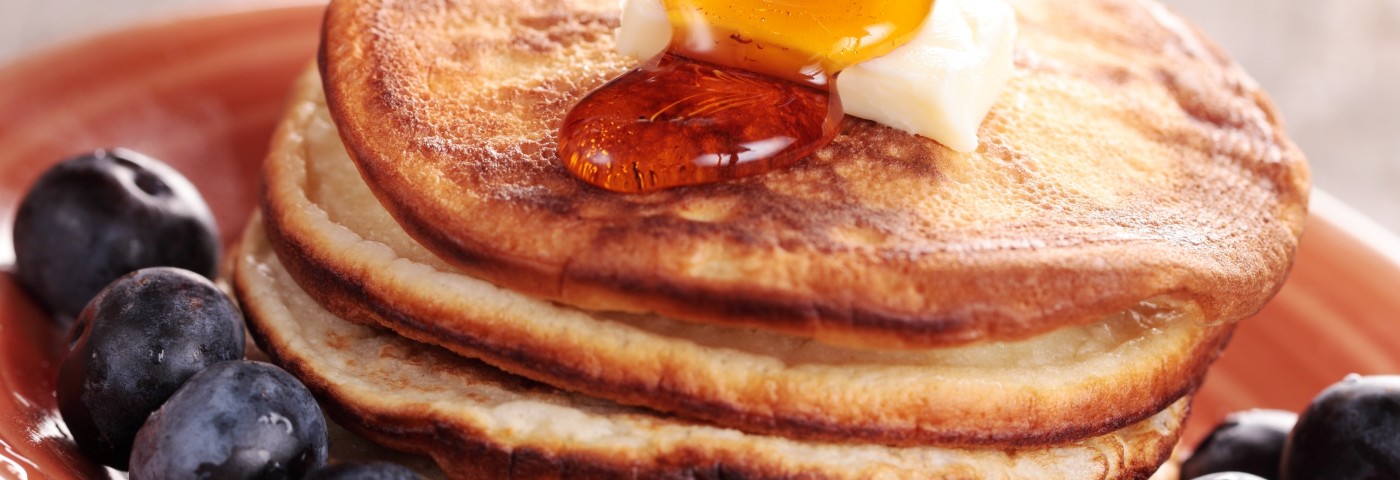Researchers at Canada’s Université Laval have demonstrated the powerful anti-inflammatory effects of quebecol, a maple syrup compound, along with its derivatives, offering promise for the development of anti-inflammatory therapies targeting autoimmune diseases such as rheumatoid arthritis (RA).
The research paper, entitled “Anti-inflammatory properties of quebecol and its derivatives,” was published in Bioorganic & Medicinal Chemistry Letters.
RA is part of a group of extremely complex diseases that includes systemic lupus erythematosus (SLE), Sjögren’s syndrome (SjS), polymyositis/dermatomyositis, and systemic sclerosis (SSc), each syndrome with a unique molecular and clinical profile despite the common progression process.
There is no cure for RA and most treatments, such as disease-modifying antirheumatic drugs (DMARDs), nonsteroidal anti-inflammatory drugs (NSAIDs) and low-dose corticosteroids, rely heavily on symptom relief and slowing disease progression.
The study, led by Normand Voyer, a chemist with the university’s Faculty of Science and Engineering, could present a therapeutic alternative for all of these diseases. Researchers synthesized quebecol, a compound formed during the making of maple syrup, and its derivatives.
The compounds were then tested in a model mimicking the inflammatory response, where macrophages — cells of the immune system — were mixed with bacterial toxins. The inflammatory response would be triggered by the macrophages in normal circumstances, but such response is blocked in the presence of anti-inflammatory agents.
The team observed that quebecol diminished macrophages’ inflammatory response, namely by reducing LPS-induced NF-κB activation and inhibiting the secretion of two pro-inflammatory cytokines, IL-6 and TNF-α.
Importantly, some of the derivatives were even more powerful than quebecol itself. “The most powerful derivative has a simpler structure and is easier to synthesize than quebecol. This paves the way for a whole new class of anti-inflammatory agents, inspired by quebecol, that could compensate for the low efficacy of certain treatments while reducing the risk of side effects,” Voyer commented in a press release.
Interesting research that drew on traditional Chinese medicine may lead to a promising candidate for future treatment of rheumatoid arthritis. The study, titled “Identification of candidate synovial membrane biomarkers after Achyranthes aspera treatment for rheumatoid arthritis” and published in BBA Proteins and Proteomics, was conducted by a collaborative group of multidisciplinary researchers throughout China.


